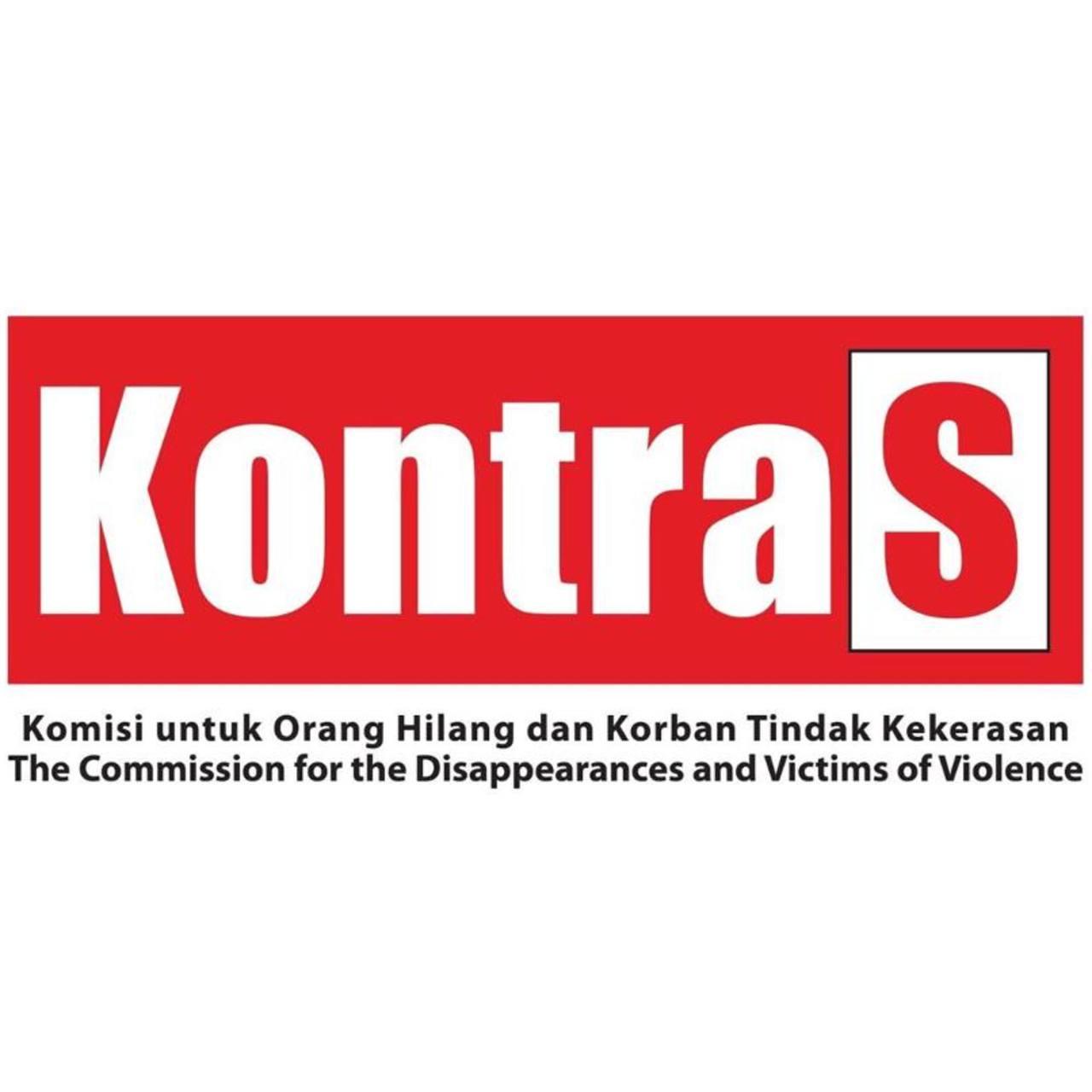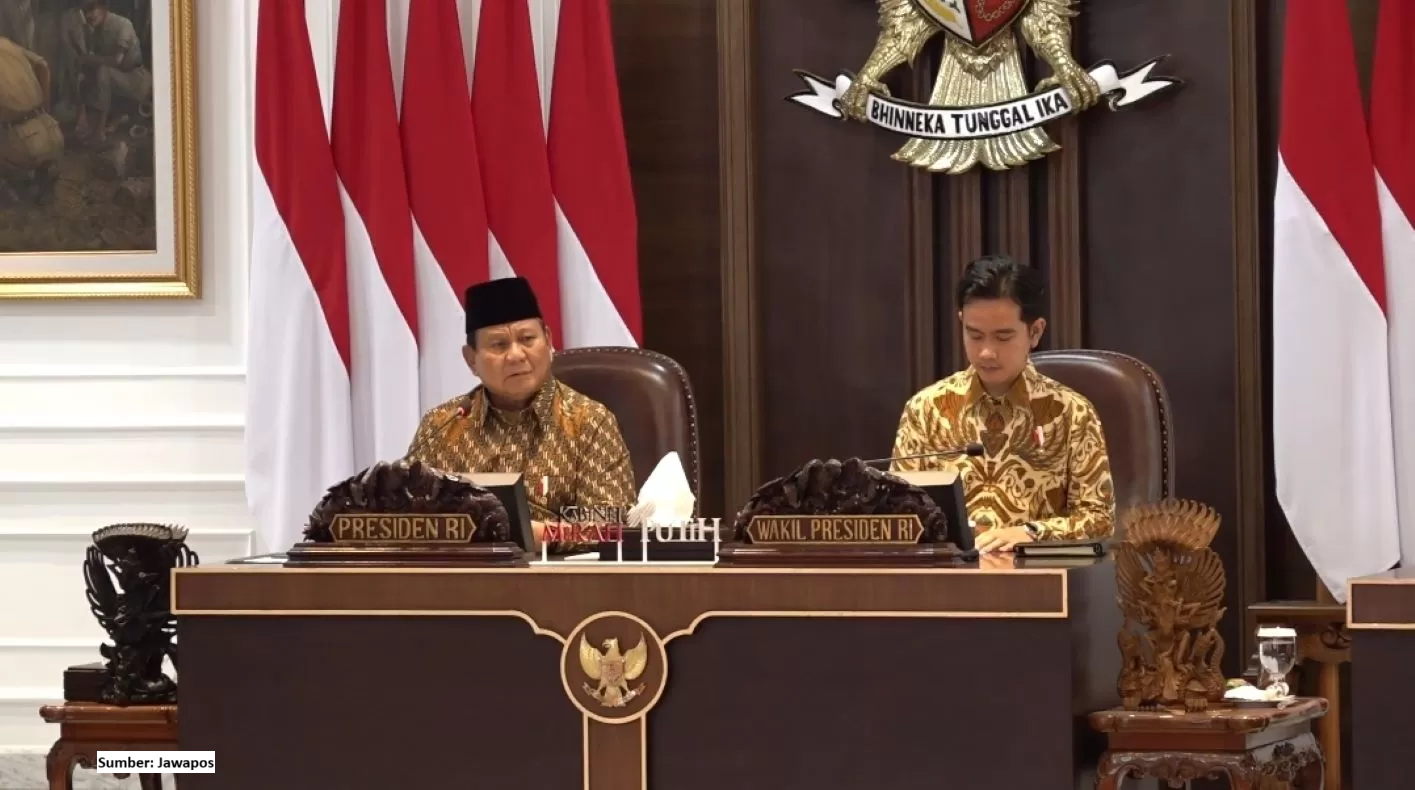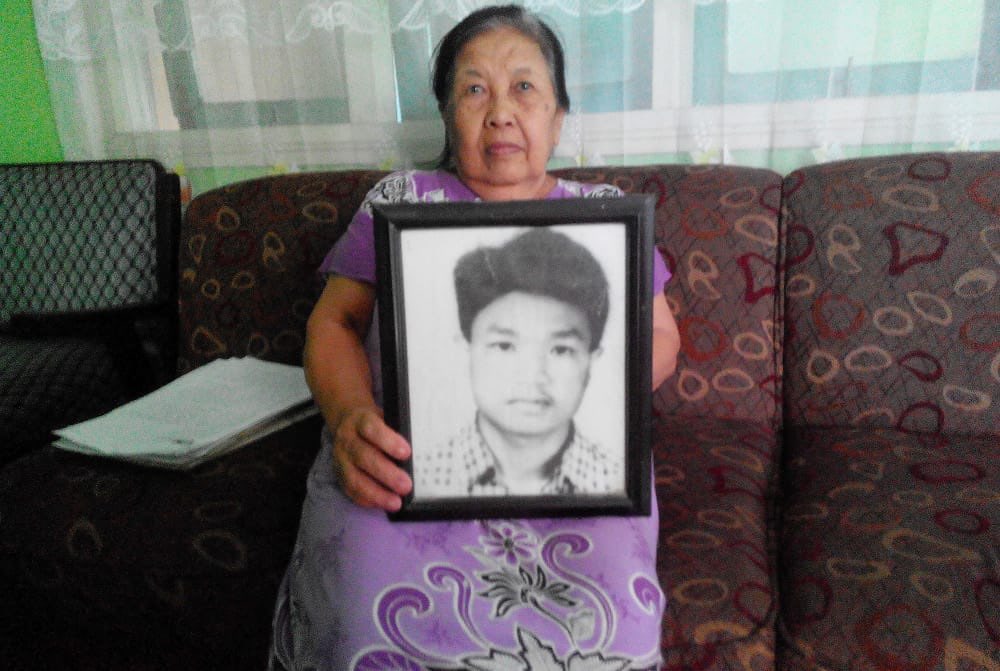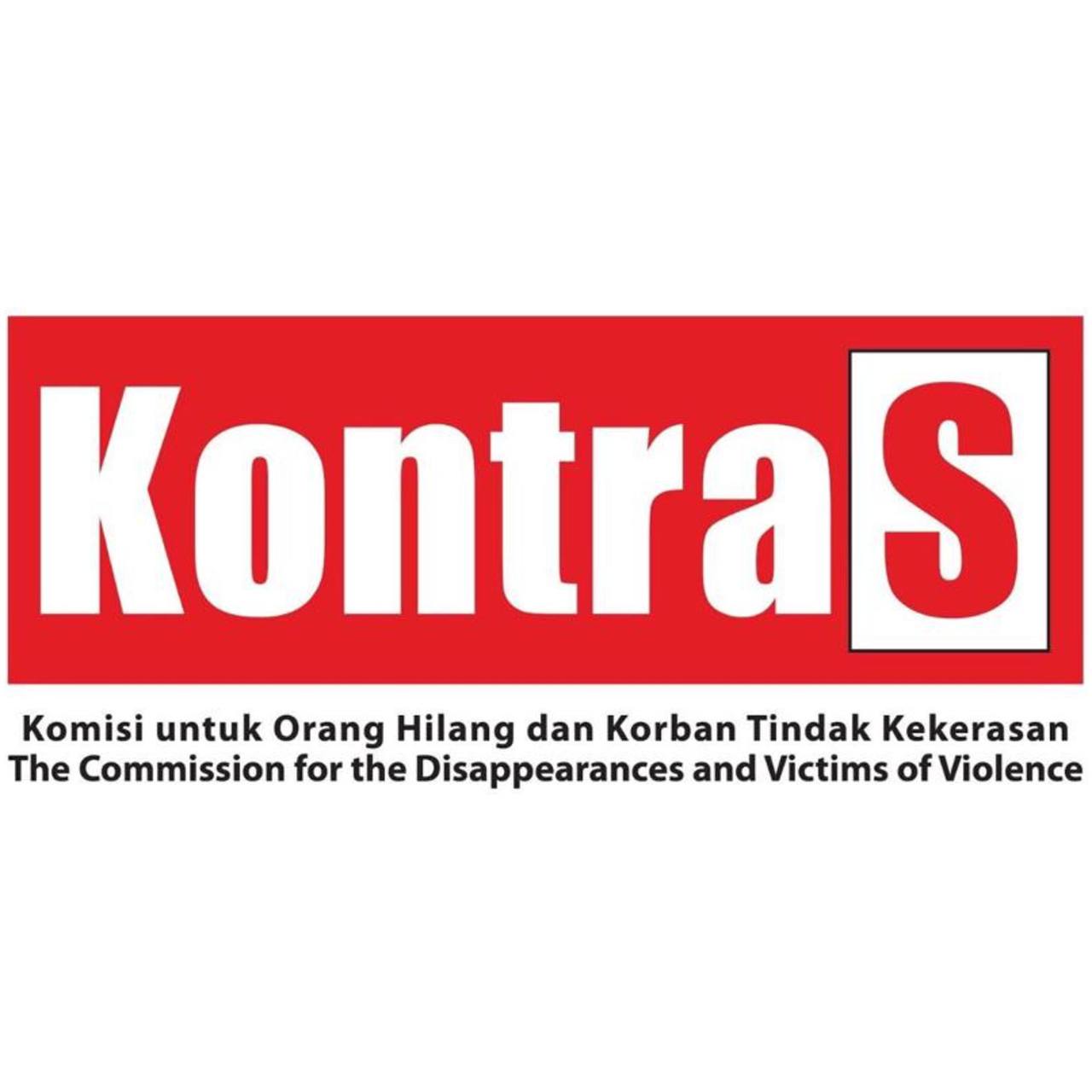The Prabowo-Gibran administration has now completed its first year. Over the past year, the Commission for the Disappeared and Victims of Violence (KontraS) noted a deterioration in human rights enforcement across Indonesia, based on a year of monitoring and advocacy experience.
KontraS notes that the government has shown no meaningful effort to uphold human rights, as required by the Constitution and international commitments (e.g CAT, ICCPR, etc). Instead, it has actively contributed to widespread abuses across Indonesia over the past year. Evidence includes closing civic space patterns, attacks and criminalization of human rights defenders, neglect and continuous whitewashing efforts of past atrocities, repressive tactics in Papua, weak support for Palestine and the normalization of trade and communication with Israel, and as well as regulation drafts that would potentially increase civil society criminalizations.
As a culmination of these various issues, a wave of nationwide public demonstrations erupted across Indonesia from 25 to 31 August 2025, whilst several sub-regions have been adamant in its movements up to 2 September 2025. During these protests, the people expressed their anger and demands over economic frustration to the permissive housing subsidies for members of parliament who have yet entirely accommodated the Indonesian civil society. However, concerns were yet again impeded with relentless practices of excessive use of force.
According to KontraS monitoring, the protests and its aftermath alone resulted in a grand total of 451 injured civilians, 10 deaths, and 4,145 arbitrary arrests towards protestors and non-protestors. Acts of violence include 6 incidents of live bullet shootings, 17 incidents of assault, 13 acts of torture, and 33 cases of the excessive and unlawful use of crowd-control weapons.
This high number of arrests, however, likely does not reflect the full extent of detentions on the ground. KontraS has documented numerous cases indicating that the police repeatedly concealed the whereabouts and fate of individuals detained during the protest period. This pattern points to the alarming emergence of cases of enforced disappearances carried out by state authorities.
According to records from the Missing Persons Task Force established by KontraS on 1 September 2025, at least 44 individuals were reported missing during the wave of protests To date, 42 of them have been located, although 33 were found to have been secretly detained by security forces, particularly in various police stations, without access to their families or legal counsel. However, two individuals remain missing: Muhammad Farhan Hamid and Reno Syahputradewo, whose whereabouts are still unknown.
Moreover, the wave of arrests carried out by the police did not end with the demonstrations themselves but continued well into the post-protest period. Based on KontraS’ monitoring between September 1 and October 1, the government continued to carry out mass arrests, detaining at least 1,623 individuals after the demonstrations had concluded. Ironically, this widespread physical crackdown was also accompanied by digital attacks and threats of criminalization targeting individuals who actively voiced their demands online during and after the protest period.
Arrests of focal individuals including Delpedro Marhaen, Executive Director of the Lokataru Foundation, staff members Muzaffar Salim, and prominent online activists such as Syahdan Husein (@Gejayanmemanggil Instagram Account Admin) and Figa Lesmana (Tiktok User), who were detained without proper warrants, denied legal counsel, and subjected to degrading conditions. Charges under vague and rubber provisions of the Indonesian Criminal Code (RKUHP), the Electronic Information and Transactions Law (ITE Law), and Child Protection Law were used to criminalize legitimate activism and social commentary. These arbitrary detentions, combined with physical abuse, forced relocations, and intimidation, paint a broader picture of a climate of fear and suppression that has engulfed Indonesian human rights defenders over the past year.
The various conditions described above clearly signify a serious deterioration in the state of human rights enforcement in Indonesia over the past year. Nevertheless, KontraS notes that Prabowo has largely ignored these facts, instead seeking to delegitimize public demands by labeling critics of the government as “foreign agents” and “common enemies.” Such an attitude reflects a troubling direction in the current administration, one that treats criticism as a threat rather than as a vital component of public participation in upholding democratic principles and human rights. This stance risks having a direct impact on the practice of human rights protection in the field, as it legitimizes increasingly repressive government responses toward critical voices and further weakens the state’s guarantees for the fulfillment of human rights for all Indonesian citizens.
On the other hand, the situations described above are further compounded by the fact that over the past year, Indonesia has been facing what can only be described as a security sector reform emergency. Within the National Police (Polri), for instance, despite these widespread abuses, accountability for the police remains minimal and largely performative. While KontraS’ reports prompted Polri to release its own missing persons updates after the nationwide protest, transparency and thoroughness remain deeply questionable, and there are concerns about potential backlash or misinformation against civil society monitoring.
Similarly, the legal and ethical processes following the death of Affan, a Gojek driver, have been confined to internal ethics reviews conducted behind closed doors, with documentation withheld from the public. Of the seven personnel implicated, only three have received modest sanctions such as demotion or dishonorable discharge, while the remainder were subjected to opaque measures like “special placement” with no clear standards or accountability.
The security sector reform crisis is also evident within the Indonesian National Armed Forces (TNI). Over the past year, the military’s influence and power have continued to expand significantly. This trend is marked by the passage of the TNI Bill and its approval on 20 March 2025, which was pushed through with minimal public participation. The bill even broadens the TNI’s authority in military operations other than war (OMSP) without establishing clear limits or oversight mechanisms.
Furthermore, KontraS has observed that the TNI has actively formed new units across various regions in Indonesia, accompanied by the deployment of troops to occupy these newly established posts. These developments illustrate the growing tide of militarization in Indonesia and clearly demonstrate how the state is drifting further away from the spirit of reform that once emphasized the importance of restricting military involvement in civilian affairs.
In Papua alone, the human rights situation has sharply worsened, driven by the massive deployment of 107 Polri officers and 4,959 TNI troops from January to August 2025, which has fostered a pervasive climate of fear. Security forces have routinely intimidated civilians, such as in Sorong on 11 July 2025, when a resident opposing PT Mancaraya Agro Mandiri was threatened at gunpoint. From January to August, these tactics resulted in 39 injuries, 57 deaths, and 188 arbitrary arrests, including cases of torture, assault, shootings, forced dispersals, and intimidation. The killing of Abral Wandikbo, a 27-year-old farmer from Nduga, underscores the deadly consequences of this approach that despite being a civilian assisting in local infrastructure and caring for his sick father, he was falsely labeled as affiliated with armed separatist groups to justify his death.
In addition to ongoing abuses, the government has actively engaged in whitewashing Indonesia’s history of atrocities. On 25 August 2025, Prabowo awarded national honors to figures with documented involvement in gross human rights violations, including Wiranto, A.M. Hendropriyono, Zacky Anwar Makarim, and Abilio Jose Osorio Soares, as these individuals are linked to massacres, unlawful killings, and crimes against humanity in events ranging from the 1998 Trisakti shootings and Semanggi I & II to post-referendum violence in Timor-Leste. Similarly, honors were conferred to Sjafrie Sjamsoeddin despite his controversial record during the authoritarian New Order period. Coupled with government efforts to revise Indonesia’s historical narrative without acknowledging past abuses, these actions demonstrate a deliberate erasure of accountability, fostering collective amnesia and undermining the lessons of past human rights violations.
The unresolved murder of human rights defender Munir Said Thalib further underscores Indonesia’s persistent culture of impunity. Despite over two decades passing since Munir was poisoned with arsenic on 7 September 2004, the state has failed to deliver justice, with political interference systematically stalling investigations and undermining Komnas HAM’s authority. Elite actors have actively obstructed accountability, delaying recognition of Munir’s case as a gross human rights violation, while efforts to reopen or transparently investigate the matter remain minimal.
The continued neglect of Munir’s case sends a stark warning to human rights defenders across Indonesia: activism can be met with lethal force, while perpetrators, particularly those linked to state apparatus, remain shielded from justice. This prolonged inaction reflects not only a failure of legal institutions but also a broader state-sanctioned message that human rights violations, including crimes against defenders, will go unpunished.
Equally concerning is the administration’s approach to foreign policy, particularly regarding the potential of relations and partnerships with Israel. On 28 May 2025, Prabowo publicly stated that Indonesia “may consider” recognizing Israel if it formally acknowledges Palestinian sovereignty. This stance starkly departs from Indonesia’s longstanding principled position supporting Palestinian self-determination, disregarding decades of legal and diplomatic precedent, including International Court of Justice rulings on July 2024 and UN resolutions condemning Israel’s occupation.
The statement, which has been echoed back on 24 September 2025 during the General Assembly agenda, not only undermines Indonesia’s credibility in international law but also signals a troubling prioritization of political expediency over human rights, echoing the same pattern of disregard for justice observed in domestic policy.
Furthermore, KontraS’ monitoring through the Indonesian Statistics (BPS) has shown that between October 2024 and October 2025, Indonesia exported goods worth USD 216,629,852.96 and imported goods worth USD 37,960,002.33, generating a trade surplus of USD 178,669,850.63 (approximately IDR 2.9 trillion). Yet, these economic gains come at the cost of sacrificing solidarity with thousands of lives lost due to domestic policies that continue to violate human rights, illustrating a stark dissonance between economic ambitions and ethical responsibility.
Based on the observations outlined above, it can be reaffirmed that the first year of the Prabowo - Gibran administration has been marked by a significant deterioration in the enforcement of human rights in Indonesia. In light of this, KontraS urges the government, as the primary duty-bearer of the state, to immediately undertake a comprehensive evaluation and corrective measures to ensure that the direction of governance in the coming years aligns more closely with the principles of democracy and human rights. KontraS also emphasizes that without decisive corrective action from the government, the state of human rights enforcement in Indonesia risks becoming even worse than what has been witnessed during the first year of the Prabowo - Gibran administration.
Jakarta, 24 October 2025
Dimas Bagus Arya
KontraS Coordinator

KontraS
Komisi Untuk Orang Hilang dan Korban Tindak Kekerasan




